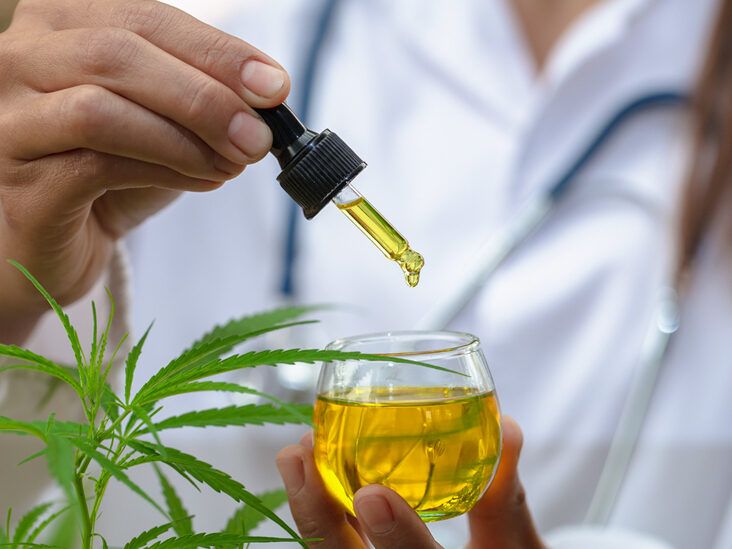Expanding its reach, the U.S. airport nasal swabbing program is now including Chicago and Miami
The Centers for Disease Control and Prevention (CDC), the United States’ leading public health agency, is expanding its program aimed at testing international travelers for COVID-19 and other infectious diseases. This initiative, which involves voluntary nasal swabbing and travel-related inquiries, operates in six airports nationwide. However, on Tuesday, the CDC announced the addition of two more airports to the program—Chicago’s O’Hare and Miami International Airport.
According to CDC officials, these new locations will enhance surveillance of respiratory infections originating from South America, Africa, and Asia. Allison Taylor Walker, representing the CDC, highlighted the importance of these expansions, stating, “Miami and Chicago enable us to collect samples coming from areas of the world where global surveillance is not as strong as it used to be. What we really need is a good view of what’s happening in the world so we’re prepared for the next thing.”
The program, which commenced in 2021, has been instrumental in promptly identifying COVID-19 variants. While the focus has primarily been on COVID-19 genomic testing, nasal swabs are also being screened for two other respiratory viruses—flu and RSV (respiratory syncytial virus). Participants do not receive individual result notifications but are provided with a COVID-19 home test kit for personal use, as confirmed by CDC officials.
To date, over 475,000 air travelers from more than 135 countries have contributed samples to the program. Additionally, health authorities have been analyzing wastewater from international flights at select airports to monitor the presence of COVID-19. While wastewater testing currently targets COVID-19, the CDC is exploring the feasibility of extending this surveillance to other pathogens, Walker mentioned.
With a current budget of approximately $37 million, the CDC program collaborates with two companies, Ginkgo Bioworks and XWell, for sample collection and testing. Plans are underway to expand the program’s scope to encompass the detection of over 30 different disease-causing agents.
By leveraging this extensive testing program, the CDC aims to bolster its global disease surveillance capabilities, thereby enhancing preparedness for emerging health threats. The initiative underscores the agency’s commitment to proactive measures in safeguarding public health on both national and international fronts.



